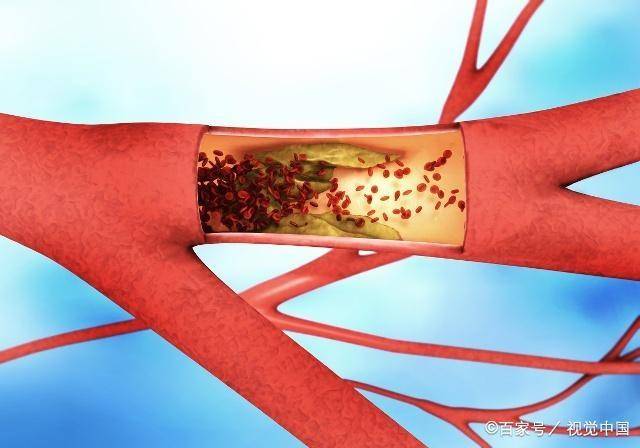Health preservation is the companion of longevity, and health is the friend of longevity. Here is a collection of health magazines, sharing health tips with you!
As people age, the elasticity of blood vessels may deteriorate, toxins and waste in the blood vessels may accumulate, easily leading to blood viscosity, posing a significant risk to the body. It is easy to form blood clots, trigger cardiovascular and cerebrovascular diseases, and affect the normal functioning of various organs. Therefore, early detection and prevention of blood viscosity is crucial to avoid the occurrence of diseases. People with thick blood may exhibit 4 signs in the morning, and regularly consuming 2 specific foods can help “clean” your blood vessels. Let’s dive into the details below.
People with thick blood may exhibit these 4 “signs” in the morning, early prevention is key!
Difficulty breathing in the morning
Individuals with high blood viscosity may experience reduced blood flow to the heart and insufficient blood circulation due to the thick blood in the morning, leading to inadequate oxygen and carbon dioxide exchange. This can result in ischemia in vital organs such as the lungs and brain, causing breathing difficulties, breathlessness, chest tightness, and oxygen deficiency in the body.
Morning fatigue
Typically, upon waking up in the morning, one’s brain should be clear and without dizziness or fatigue. However, if the blood is too thick, it may hinder the blood’s ability to transport oxygen, leading to fatigue. Therefore, if you wake up feeling tired, lacking energy, and experiencing dizziness, it could be a signal of thick blood.
Morning dizziness
As mentioned earlier, feeling fatigued in the morning can be a sign of thick blood. At this point, you may also experience fogginess and lack of mental clarity, which could indicate thick blood. For individuals with high blood viscosity, feeling lethargic in the morning is quite common.
Blurred vision in the morning
When blood flow slows down upon waking up in the morning, the blood may not adequately nourish the optic nerves, leading to intermittent blurred vision. Thick blood and reduced blood flow can deprive the optic nerves of nutrients, causing temporary retinal hypoxia, significantly affecting vision. Therefore, if you experience blurred vision, dizziness, or headaches in the morning, it might be an indication of increasing blood viscosity.
To prevent blood clots, regularly consume these 2 types of foods to help cleanse your blood vessels
Onion: Onions are suitable for people of all ages as they can enhance immunity, prevent colds, increase appetite, aid digestion, and reduce blood viscosity. They can help reduce peripheral vascular resistance, lower blood pressure, and prevent blood clot formation, making them beneficial for the health of middle-aged and elderly individuals.
Garlic: Garlic is a common ingredient known for lowering blood lipids, preventing coronary heart disease and atherosclerosis, and inhibiting blood clot formation. Studies have shown that garlic can help prevent the accumulation of atherosclerotic plaques, making it highly effective in preventing cardiovascular diseases.


